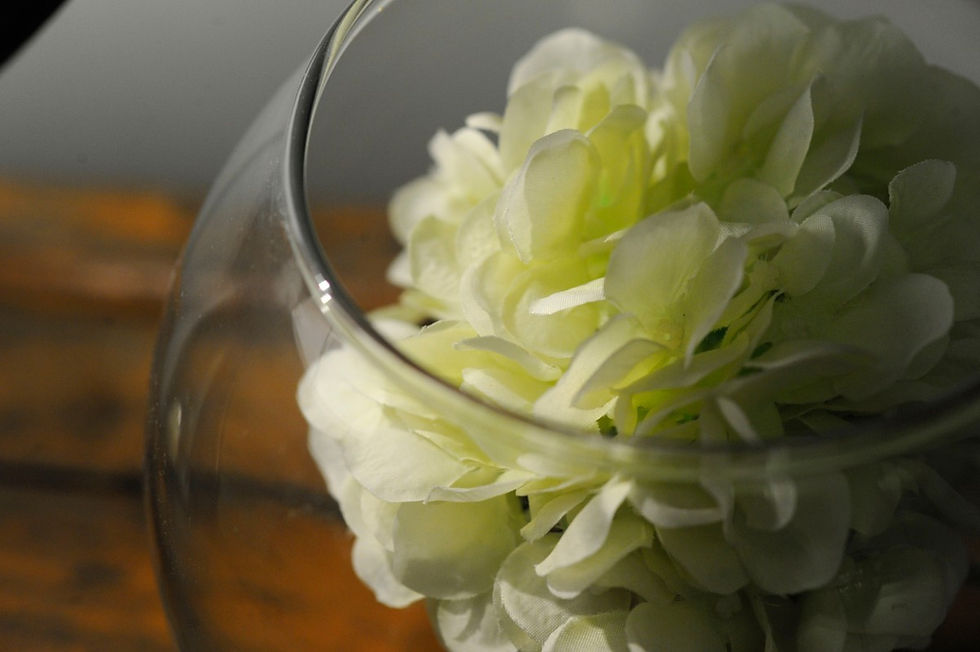Who Knows Where the Time Goes
- London APC

- Sep 11, 2022
- 3 min read

‘Dread is just memory in future tense’
D. W. Winnicott
Rhythm and routine are intimately connected to our well being in subtle ways. One of the first ways we notice distress is when our sleep is disrupted or we stop eating regular meals. Sometimes routines can feel restrictive. So often we resist that sort of well meaning advice to ‘get an early night’ or eat healthily. For a newborn baby routines make a chaotic world feel predictable and safe. Conversely, too much rigidity around routines can kill spontaneity. Therapy also has a rhythm about it. We meet at the same time each week for the same length of time. How we feel about routines, whether we welcome them or find them restrictive, may reveal something about our relationship to time.
Awareness of the passage of time is disrupted by trauma. A good example of this is in Alice in Wonderland at the Mad Hatters tea party. Time was murdered and it was always six o clock. Feelings connected to the original traumatic experience cannot be consigned to the past.
Similarly, during the pandemic, many of us felt suspended in an eternal present. The uncertainty meant we were powerless; unable plan or anticipate a future. Around the world at any moment, but particularly right now, events can feel so overwhelming, that it is difficult to believe we have any agency. Donald Kalsched, author of ‘The Inner World of Trauma,’ offers us his useful definition of trauma: ‘Trauma is about the fact that we are all given more to experience in this life than we can bear to experience consciously.’
One of the ways the psyche copes with such an experience is to divide it into manageable parts. Some of the experience goes into distressing images, some into the body that experiences pain and other bits remain memories that we can recount without feeling. This is dissociation and it performs an important role in preventing us from becoming overwhelmed. However, it means that the original traumatic experience retains its power to overwhelm. This is because the event has never been suffered or experienced in the embodied way it would need to be to be put into the past. Developing a relationship with a therapist can facilitate connecting these split off parts. This process can make it possible to think about different ways of responding to the present. We can then plan for a future that uses our past experiences creatively rather than live in fear.
We all put things off to a mythical future. I’ll travel when I have retired, I’ll do that piece of work later, I’ll have children when I’ve met the ‘right’ person, whatever that means? But every so often we are reminded that time is limited, we become aware of our mortality. That can be a shock but it also wakes us up. Without an awareness of death, we put things of. Procrastination can become a way of life. Acknowledging the passage of time forces us to confront our limits. We have to face loss; other lives move on and we get older. Although painful this can also serve as an important reminder of the preciousness and fragility of life.
What we do now can influence what happens next. So it is imperative that we engage with what is happening now but this can sometimes feel daunting. We can mask it in many areas of life but where it most often shows up is in our most intimate relationships. When we allow other people to matter to us, we become more able to commit to them. We also matter more to ourselves. Many people have reservations about therapy. They don’t want to focus on the past. What is less often understood is how much the past inhabits our present. Therapy can help us distinguish between the past, present and what is to come.




Comments